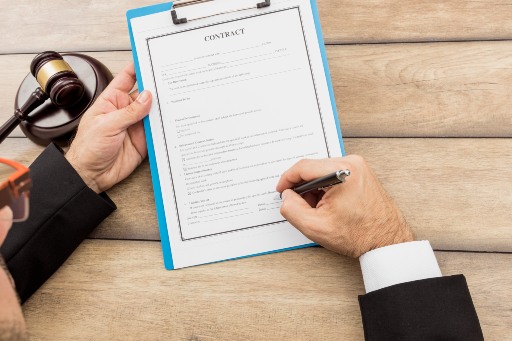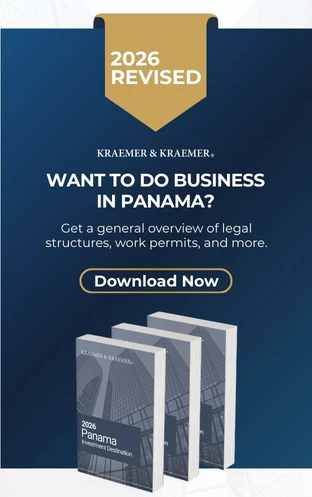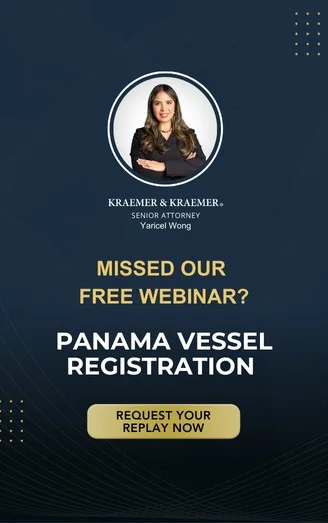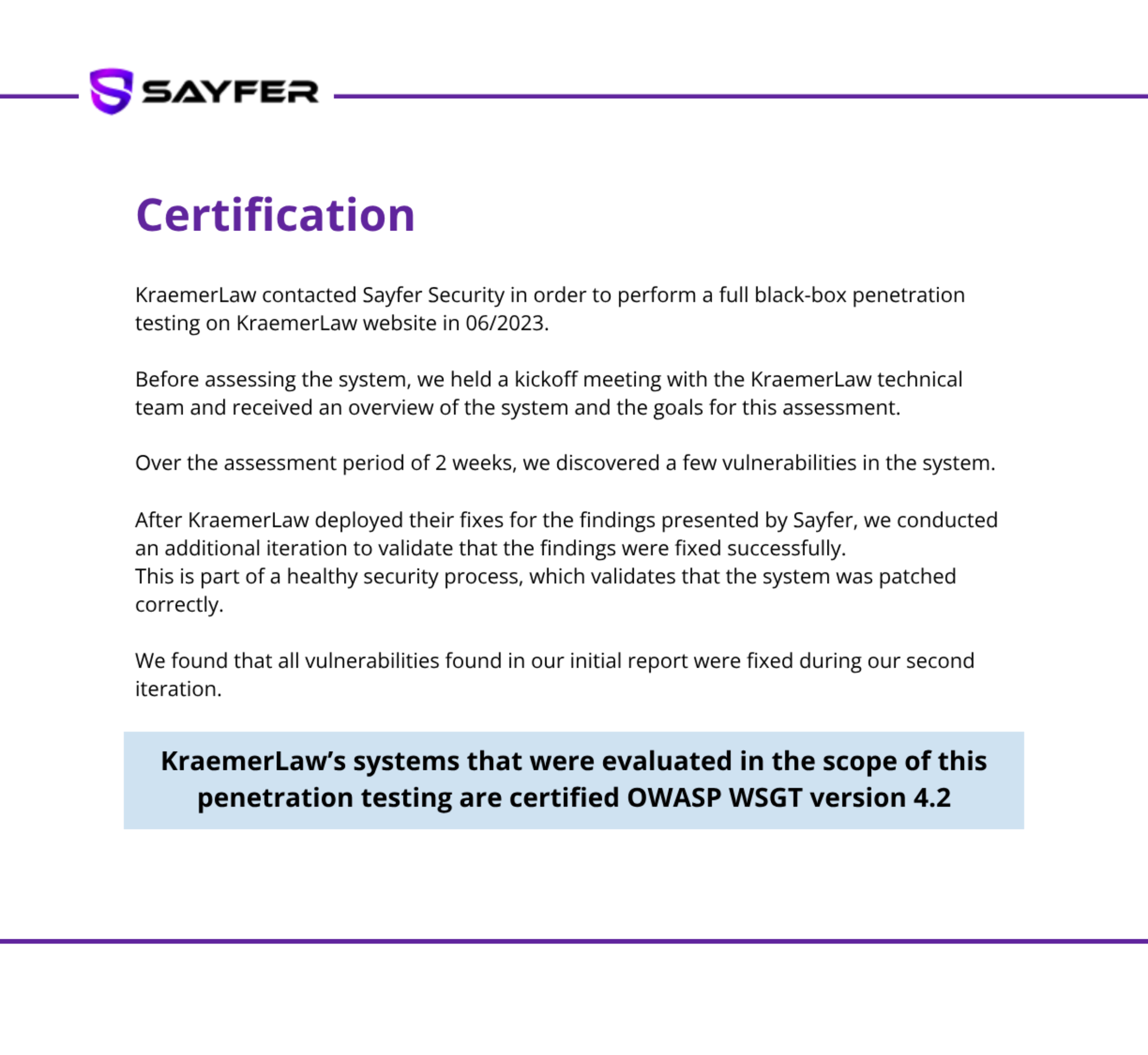In Panama’s entrepreneurial environment, contract negotiation is a day-to-day business.While factors like offers, figures, and legal terms are naturally considered, other aspects often go unnoticed. These less obvious aspects, such as understanding Panamanian business etiquette and customs, can significantly influence the outcome.
In the country, contract negotiation is influenced by both cultural norms and legal frameworks. Familiarity with these practices is what often sets successful negotiations apart. Therefore, today, we will provide you with information on the key elements and effective business strategies.
Importance of Understanding Business Etiquette
Even though it may not seem relevant, business etiquette & customs are essential for anyone looking to engage in contract negotiation in Panama. This specific environment places great importance on personal relationships, trust, and mutual respect. These elements can greatly influence the success or failure of any negotiation.
Business Etiquette in Panama
Personal relationships and trust are important in Panamanian business culture. It is common to spend time building relationships before addressing contractual issues, as they often influence decisions more than the terms of the agreement itself.
These interactions in Panama are driven by specific customs, as a firm handshake with direct eye contact is the typical greeting. Similarly, when dealing with someone of higher status or position, it is customary to use titles such as “Señor” (which in English means Mr.) for men and “Señora” for women (Ms.), followed by their last names. The same is used in e-mail communication.
Respect and courtesy are very important values, and addressing someone by their first name too early in a business relationship can be considered disrespectful. Additionally, regardless of the type of interaction, personal or virtual, it is recommended to maintain respectful communication, making reference to “usted” (the formal version of “you”) instead of “tú” (which is typically used in more casual contexts).
Customs in Panama that Influence Business Interactions
Panamanian customs are a reflection of the warmth that characterizes Latin Americans. Some notorious aspects of local culture are friendliness, cordiality and kindness. Establishing trust and empathy can be considered as a prerequisite for building business relationships.
Time management in the country can be described as flexible. Punctuality is appreciated, but not always strictly followed, and meetings may start a few minutes late. Understanding and adapting to these customs in Panama can help build strong connections and can make a difference during contract negotiations.
Likewise, the concept of “keeping up appearances” is important in Panama. This means that during contract negotiations, it is valuable to avoid putting the other party in an embarrassing or disrespectful position. Criticism should be handled delicately and any controversial issues (such as politics, sports or religion) should preferably be avoided or addressed privately in order to not enter into external disagreements that could affect the process.
Legal Framework Governing Contract Negotiations in Panama

The legal framework in Panama provides a structured environment for contract negotiations, guaranteeing that agreements are legally binding and enforceable. This has certain key laws and regulations:
- Civil Code of Panama: Establishes the basic principles for contract formation and enforcement, including mutual consent, lawful objectives, and consideration. It also outlines conditions under which contracts can be invalidated.
- Commercial Code: Provides specific rules for commercial transactions, such as sales, leases, and partnerships, supporting fair and transparent business practices.
- Law No. 131 of 2013 on Arbitration: Facilitates arbitration as an alternative to litigation for resolving disputes, both domestically and internationally. More on that later.
- Law No. 23 of 2015: Mandates due diligence and reporting of suspicious activities to comply with anti-money laundering standards.
- Consumer Protection Law (Law No. 45 of 2007) : Protects consumer rights by requiring clear, accurate information about products and services.
These contract laws create a solid juridical environment that supports fairness and transparency, providing businesses with the legal certainty needed to operate effectively in the market.
The Role of Arbitration and Litigation in Panama Contracts
The Panamanian legal system, based on civil law and influenced by Spanish law, favors contract negotiation with a strong focus on arbitration and litigation.
Arbitration is commonly preferred in contractual disputes for its efficiency and confidentiality. Why?
- Panama is a member of UNCITRAL and has adopted its Model Law on International Commercial Arbitration, establishing a solid foundation for dispute resolution.
- The Panama Arbitration Center (CECAP) is a key institution in facilitating arbitration proceedings.
- Companies frequently use arbitration clauses in contracts to avoid lengthy court proceedings.
- Panamanian law ensures that arbitration awards are final and binding, providing a reliable alternative to litigation.
In contrast, litigation is less preferred due to its greater length and complexity. It provides a formal judicial process to resolve disputes that cannot be resolved through arbitration and involves:
- Court proceedings in which a judge or panel makes a binding decision.
- Oversight by Panama courts that enforce contracts and legal obligations.
- Unlike arbitration, court proceedings are often part of the public record, which can affect confidentiality.
- Creating legal precedents that affect future contractual disputes and interpretations of the law.
The Panamanian legal system allows both national and international parties to access redress through the courts. Choosing between arbitration and litigation will depend on factors, such as the nature of the dispute, the relationship of the parties, and the specific terms of the contract.
Navigating Contract Negotiations in Panama
Contract negotiation in Panama is a complex process that requires a good understanding of both the cultural and legal landscapes. It involves careful planning, clear communication and negotiation tactics, as we will show in the following strategies.
Strategies for Effective Contract Negotiation
Business strategies are influenced by the preparation and structure of contract negotiations. These are comprised of:
- Well-defined contract draft: Having a document that both parties can understand in terms of its scope and that serves as a starting point will allow the process to flow more clearly and organized.
- Who has the decision-making power: Making sure that decision-makers are involved from the beginning, or at least included in the most important stages of the process, avoids backtracking, and long review and approval cycles.
- Break the contract into manageable parts: Dealing with each aspect separately facilitates more focused contract negotiations and prevents small points of conflict from getting lost in the overall agreement.
- Active listening: Acknowledging and listening to the other party’s positions not only allows practical solutions to be found but also improves the business relationship, as it demonstrates respect and willingness to collaborate.
- Non-negotiables: Establishing the limits of what is non-negotiable from the outset avoids giving the impression that certain clauses are flexible when they are not. This reduces misunderstandings and protracted negotiations.
It is also beneficial to have legal representation in Panama during negotiating contracts. Having local professionals can make a difference, as they are familiar with Panamanian laws. They can precisely guide the contract negotiation process and help draft documents that comply with local regulations to protect the interests of both parties.
Business Practices That Can Make or Break a Deal in Panama
Business tactics and practices can determine the success or failure of contract negotiation, and some have a direct impact on the quality of the process. Here are three key practices that can make or break a deal:
- Not being clear about objectives, self-interests and potential concessions can lead to a bad deal or even a breakdown in contractual negotiations. Therefore, preparation, including knowing the counterparty well, studying the market and having alternatives, can be determinant in closing a successful agreement.
Withholding or manipulating information can affect the confidence of the other party and jeopardize the Panama contracts. On the other hand, maintaining open and transparent communication, and being clear about terms and expectations, reinforces the relationship and allows differences to be resolved before they become problems.
A clear example is when Bank of America acquired Merrill Lynch without informing its shareholders of the massive ML losses. This led to class action lawsuits and in 2014, BoA paid $2.43 billion in compensation, severely damaging the reputation of both firms.
- Insisting on terms that are unrealistic or not adapting to new circumstances can break an agreement. In contrast, being comprehensive, willing to find a middle ground, and adjusting to the changing needs of both parties makes it easier to move the negotiation forward.
These business tactics are often influenced by the culture and customs in Panama, and adapting to them can help build the trust that Panamanians highly value and support clearer contract negotiations.
Etiquette & Customs to Take During Negotiations

Respecting etiquette & customs in Panama can have a significant impact on the success of the contract negotiation. The following are the most common ones.
- During meetings, it is common practice to have a short conversation before discussing business matters. This helps to build trust and reinforce the contracting process in Panama.
- Gifts are not mandatory business etiquette in Panama, but small signs of appreciation, such as souvenirs from the country of origin, may be welcomed. However, gifts should not be extravagant, because they could be perceived as a bribe.
- Business cards should be exchanged at the beginning of meetings and it is good practice to translate one side of the card into Spanish.
- Dress codes in Panama tend to be conservative and presenting oneself professionally is relevant, as appearances are taken very seriously in Panamanian business culture.
- Decisions are often made at the highest levels of the organization and the process can be slow and deliberative. Pushing for quick decisions can be seen as disrespectful or inconsiderate.
Additionally, it is common for Panama businesses to use intermediaries to facilitate Contract negotiation and even communication. Therefore, hiring the services of a local agent can be a strategic measure, particularly for foreign companies that are not familiar to the business landscape.
Mastering Business Etiquette for Successful Contract Negotiations in Panama
To conclude, when talking about business etiquette for contract negotiation, it’s similar to the saying “when in Rome, do as the Romans do”. Thus, it implies not only understanding the traditions and customs in Panama but also being able to adapt one’s own behavior.
Remember: Knowing your business partners and showing genuine interest in their needs is basic to building the trust necessary for successful contract negotiations. Adopting a win-win mentality, with clear and culturally appropriate communication, allows companies to successfully enter the Panamanian market. Making strong relationships can open doors to lasting and prosperous business opportunities in Panama.
Kraemer & Kraemer: Legal assistance for contract negotiations in Panama
Planning to negotiate Panama contracts? Kraemer & Kraemer provides you with the necessary accompaniment, as well as draft and negotiation services Panama. With our extensive knowledge of local laws, we help you protect your interests. As experts in the panamanian legal environment, we accompany you in adopting customs in Panama to strengthen your business relationships in the country. Contact us for personalized advice.







